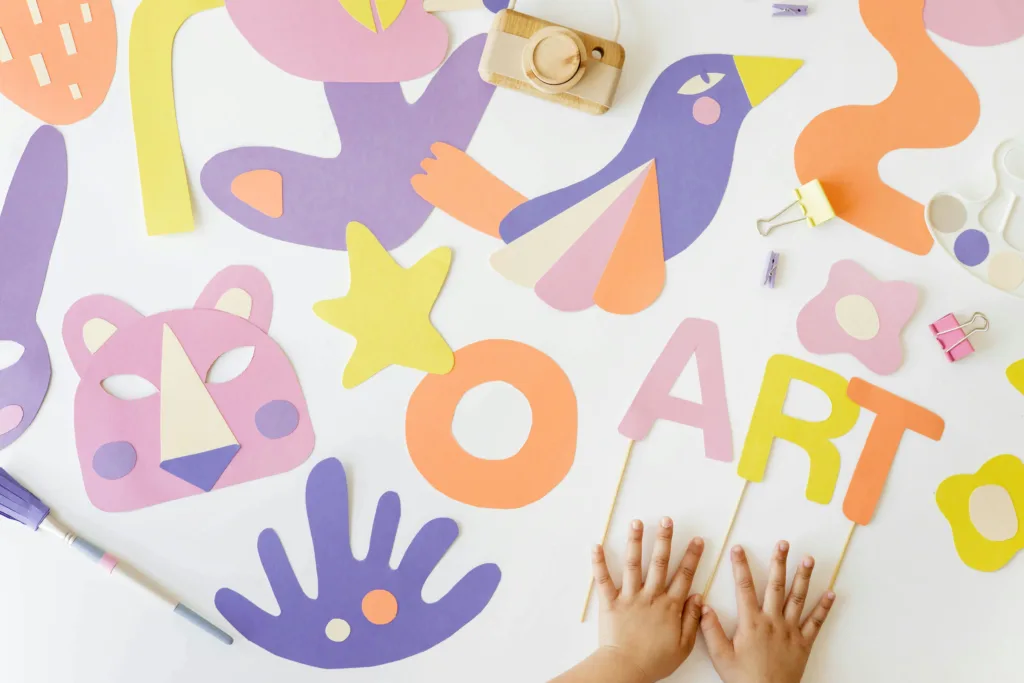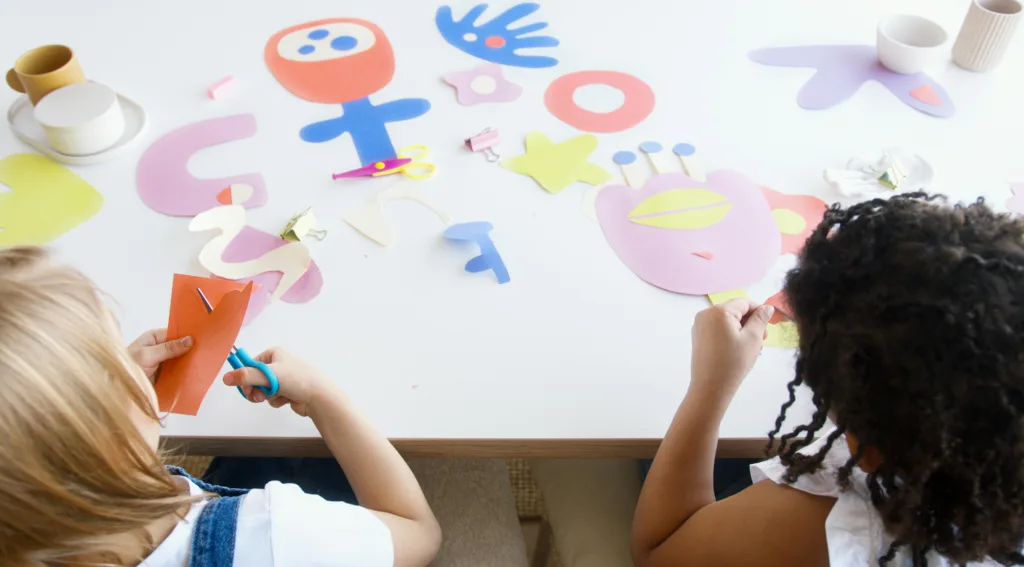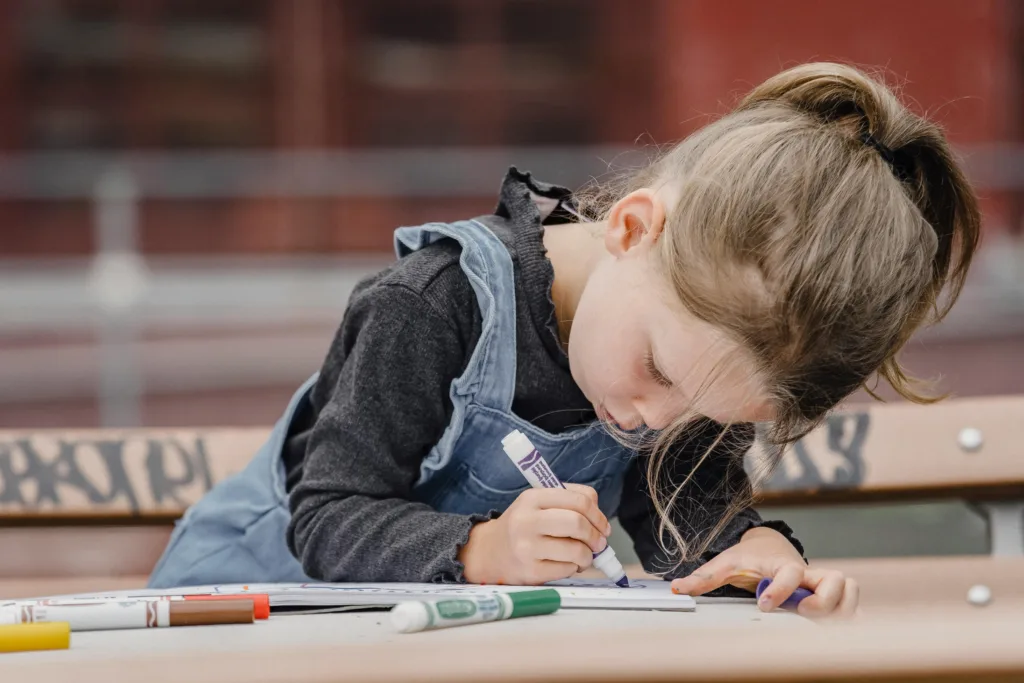Language development in toddlers is a fascinating and crucial aspect of their early years. It’s the foundation for effective communication, social skills, and cognitive development. Encouraging language development doesn’t have to be a daunting task; it can be seamlessly integrated into your daily interactions and activities with your child. Here are some practical and fun ways to boost your toddler’s language skills.
Interactive Storytelling: Tips for Engaging Your Toddler with Stories
Reading to your toddler is one of the most effective ways to enhance their language development. Make storytelling interactive to keep them engaged:
- Use Different Voices: Bring characters to life by using different voices. It makes the story more exciting and helps your toddler distinguish between different characters.
- Ask Questions: Pause and ask your child questions about the story. This encourages them to think and respond, enhancing their comprehension and verbal skills.
- Predict the Plot: Before turning a page, ask your toddler what they think will happen next. This stimulates their imagination and predictive thinking.
- Act it Out: Use gestures and facial expressions to act out parts of the story. This not only makes the story more fun but also helps your child understand the emotions and actions of the characters.
- Follow Up Activities: After the story, engage in activities related to the book. This could be drawing a scene, reenacting a part of the story, or even making a simple craft related to the story.
Everyday Conversations: Making Daily Interactions Meaningful for Language Growth

Everyday conversations are a powerful tool for language development. Here’s how to make the most of your daily interactions:
- Narrate Your Day: Talk to your toddler about what you’re doing, seeing, and feeling throughout the day. Describe actions, objects, and events as they happen.
- Expand on Their Speech: When your child says a word or a simple sentence, expand on it. If they say “car,” you can say, “Yes, that’s a red car. It’s driving fast!”
- Encourage Questions: Show curiosity about their thoughts and encourage them to ask questions. Answer their questions patiently, fostering a learning environment.
- Sing Songs Together: Singing nursery rhymes and songs is a fun way to introduce new words and phrases. The repetition and rhythm make it easier for toddlers to remember.
- Play Name Games: Name objects around the house, in the park, or during a walk. This builds their vocabulary and helps them associate words with their surroundings.
Sing-Along Activities: Using Songs to Boost Vocabulary and Pronunciation
Music is a wonderful medium for language learning. Singing together can significantly enhance your toddler’s vocabulary and pronunciation:
- Choose Repetitive Songs: Songs with repetitive lyrics are great for language learning. Repetition helps toddlers remember new words and phrases.
- Use Action Songs: Songs that involve actions, like “If You’re Happy and You Know It,” help toddlers understand the meaning of words through physical movement.
- Introduce New Vocabulary: Incorporate songs that introduce different themes, such as animals, numbers, colors, and daily routines.
- Create Your Own Songs: Make up simple songs about daily activities, like brushing teeth or washing hands. Personalizing the song makes it more relatable and memorable for your child.
- Sing Throughout the Day: Incorporate singing into your daily routine. Sing while dressing, during bath time, or even while cooking.
Play-Based Learning: Integrating Language Development into Playtime
Playtime is an excellent opportunity for language learning. Here are some ways to incorporate language development into play:
- Role-Playing Games: Engage in pretend play where you and your toddler take on different roles. This could be playing house, shop, or even a simple doctor-patient scenario.
- Puzzles and Games: Use puzzles and games that require verbal interaction. Games like “I Spy” or simple board games can enhance vocabulary and turn-taking skills.
- Toy Descriptions: While playing with toys, describe them and talk about their features and functions. For example, if playing with a toy truck, you can say, “This is a big, red truck. It has four wheels and a driver.”
- Storytelling with Toys: Encourage your child to create stories with their toys. Ask them to narrate what their toys are doing and why.
- Interactive Books and Apps: Use interactive books and educational apps designed to promote language skills through play. Ensure screen time is balanced and content is age-appropriate.

Using Visual Aids: The Role of Pictures and Flashcards in Teaching Words
Visual aids are incredibly effective in language learning. They provide a visual context that helps toddlers understand and remember words:
- Flashcards: Use flashcards with pictures and words to teach new vocabulary. Flashcards can cover a wide range of categories, like animals, colors, shapes, and everyday objects.
- Picture Books: Books with large, colorful pictures and minimal text are ideal for young children. Point to the pictures and describe what you see.
- Family Photo Albums: Look through family photo albums and talk about the people, places, and events in the pictures. This personal connection makes learning more meaningful.
- Wall Charts: Place educational wall charts in your child’s room or play area. Charts with alphabets, numbers, and animals are visually stimulating and educational.
- Labeling Objects: Label common objects around the house with their names. This constant visual reminder helps reinforce word recognition.
Conclusion
Encouraging language development in toddlers is a rewarding and enjoyable journey. By incorporating these strategies into your daily routine, you can create a rich linguistic environment that supports your child’s growth. Remember, the key is to make learning fun and engaging, fostering a love for language and communication that will last a lifetime.
Checkout some latest Free worksheets for you and your little one
Some more latest posts
- How to Teach Your Toddler the Concept of Day and Night from the Quran?
- How to Introduce 3D Shapes to Your Toddler the Montessori Way?
- What and How to Teach About Professions to Your Toddler?
- How to Teach the Names of Colours to Toddlers in Multiple Languages?
- How to make your toddler spell their name?

